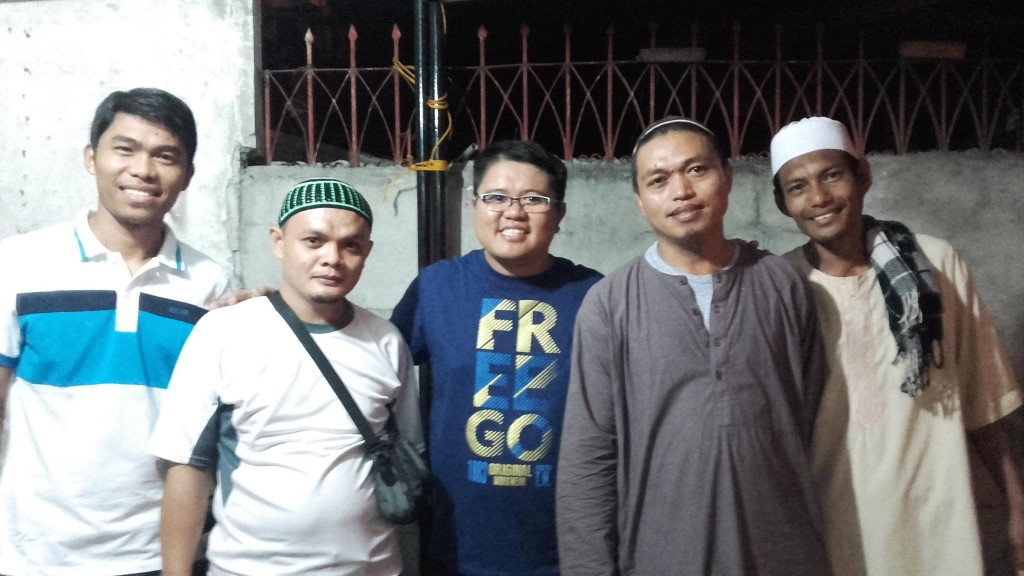Allah Akbar! God is the greatest!
Jerry A Lohera, Philippines

Being with the Maruhom family in Sigayan, Sultan Naga Dimaporo, in Southern Philippines, became a memorable experience for me because of the observance of Ramadan. To interiorize our solidarity with the Muslims in this holy season of Ramadan, we joined them in their fasting. We woke up around 3:00am to prepare our early meal. We were allowed to eat and drink water until 4:15 am and when the “call to prayer” was heard from the masjid (mosque), “Allahu Akbar…” (God is the Greatest!) the fasting began for the day. We then returned to bed or waited for the sunrise.
During the holy month of Ramadan, every Muslim of good health and right age is required to fast for 30 days. Being my first time to do their way of fasting brought me so in touch with the basic reality of my need to eat and to drink but at the same time it also brought me into a spirituality of deep surrender to God.
Allahu Akbar literally means God is the Greatest! The loud-speakers from the masjid have the humble task of reminding the faithful that, more than anything else, God is greater than any physical or physiological needs or than any human designs.
As a Christian, Allahu Akbar allows me to encounter my personal God who is first and foremost my refuge and my strength. In this way, it gives new meaning, enabling me to get to know my personal God as Greater than my own personal will. My experience of fasting in Ramadan allowed me to a have full trust in God’s caring hand.
I can still remember that my first day of fasting was the time when we went to the neighboring towns of Malabang and Balabagan, on a motorbike, under the heat of the sun. We refused the invitations for snacks and a meal from the Parish Priest Fr Roger and the Bishop, Monsignor De la Pena, because we didn’t want to break our fast. By the time we got home the members of the Maruhom family were convinced that we had broken our fast. That’s why they seemed surprised to know that that we hadn’t.
A terrible thirst and hunger would strike me around 3:00 o’clock to 5:00 in the afternoon, but I had to wait until 6:05 in the evening to break the fast, something I did patiently. Listening to the local radio station, the countdown began until the “Azan” (call to prayer) in the masjid was heard and then the fasting for the day came to an end.
To break the fast, a Muslim usually drinks water first and then eats some fruits like banana or water melon, followed by the evening meal. In my seven days of fasting, with my host Maranao family, there was always a feeling of fulfillment every time I heard ‘Állahu Akbar’ from the masjid. Entwined with this feeling of fulfillment was the feeling of being grateful to God who designs everything for the good of humanity and who showers us with blessings and graces before we even attempt to ask for them.
Although I wasn’t able to finish the 30 day fasting during the holy day of Ramadan, the seven days when I did fast was a wonderful and fulfilling experience. Ramadan is a special treasure among the Islamic religious practices. It is deeply rooted in faith and trust in Allah (God) who delights in the sincerity of heart of the faithful. It is in God alone that my soul is at rest. God is my everything! In Allah (God) there is nothing I shall want. Truly, the greatness of God is beyond all else.
Allahu Akbar!
